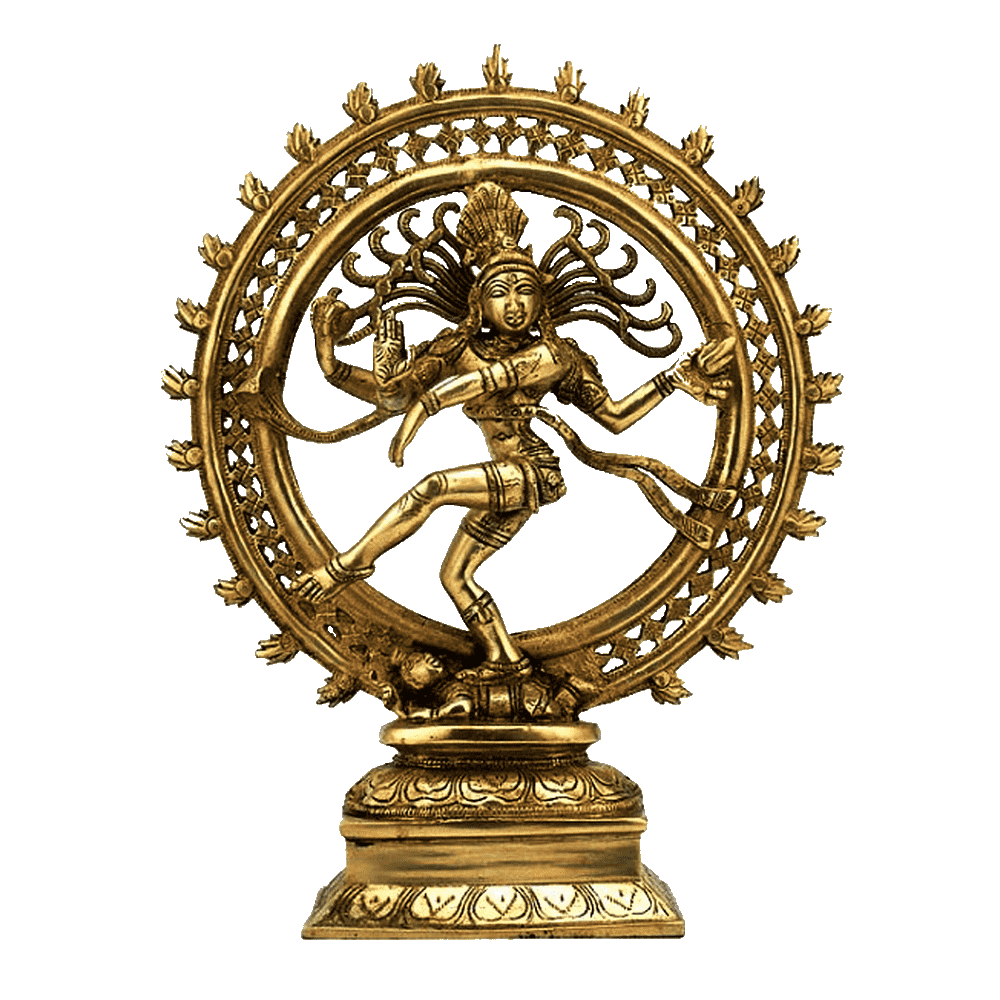
Mantramuktāvali
of Paramahaṃsa Pūrṇaprakāśa
Unlocking the Transformative Power of Sacred Mantras
Introduction:
The Mantramuktāvali, authored by the revered sage Paramahaṃsa Pūrṇaprakāśa, is a remarkable anthology of sacred mantras and hymns. This ancient text holds a special place in the realm of spiritual literature as it offers a comprehensive compilation of powerful mantras used in various spiritual practices, rituals, and ceremonies. The Mantramuktāvali goes beyond mere recitation and delves into the profound transformative power of these mantras when chanted with the right intention and understanding. In this article, we will explore the significance of the Mantramuktāvali and how it illuminates the path of spiritual seekers.
The Wisdom of Paramahaṃsa Pūrṇaprakāśa:
Little is known about Paramahaṃsa Pūrṇaprakāśa’s life, but his contribution to the field of Mantra-śāstra through the Mantramuktāvali is highly regarded. As a sage and adept practitioner, he collated a treasure trove of sacred mantras, carefully selecting hymns from ancient scriptures and oral traditions.
Anthology of Sacred Mantras:
The Mantramuktāvali is a vast anthology that encompasses a diverse collection of mantras and hymns. These mantras are sourced from various sacred texts, including the Vedas, Upanishads, Puranas, and Tantras. Each mantra is associated with specific deities, cosmic principles, and spiritual energies, making the text a valuable compendium for practitioners of diverse spiritual paths.
Spiritual Practices, Rituals, and Ceremonies:
The Mantramuktāvali offers a comprehensive guide to the application of mantras in various spiritual practices, rituals, and ceremonies. It describes how these sacred sounds can be utilized for meditation, worship, healing, protection, and invoking divine blessings. The text also provides guidelines for conducting specific ceremonies and yajnas (fire rituals) with the appropriate mantras
The Power of Intention and Understanding:
One of the central teachings of the Mantramuktāvali is the significance of chanting mantras with the right intention (bhāva) and understanding (jñāna). The text emphasizes that mere repetition of mantras without devotion and understanding may not yield the desired results. It encourages practitioners to imbue their chanting with love, faith, and sincerity, thus harnessing the full transformative potential of the mantras.
The Transformative Nature of Mantras:
Mantras are believed to carry inherent spiritual vibrations that can positively impact the practitioner’s consciousness. The Mantramuktāvali explains how the regular recitation of specific mantras can purify the mind, remove mental obstacles, and foster inner growth. By aligning oneself with the divine energies invoked through mantras, one can experience a profound transformation on a spiritual level.
Integration of Mantras in Daily Life:
Paramahaṃsa Pūrṇaprakāśa’s Mantramuktāvali transcends the confines of temple rituals and formal ceremonies. It encourages practitioners to incorporate the chanting of mantras into their daily lives, allowing these sacred sounds to infuse their existence with spiritual potency. Whether it is in moments of meditation, during daily chores, or in times of personal challenges, the regular recitation of mantras can offer solace, strength, and a deeper connection with the divine.
Conclusion:
The Mantramuktāvali of Paramahaṃsa Pūrṇaprakāśa stands as a treasured anthology of sacred mantras, hymns, and spiritual wisdom. Its profound teachings go beyond mere ritualistic practices and highlight the transformative potential of chanting mantras with the right intention and understanding. Through the guidance of this revered sage, practitioners can explore the profound power of mantras, unlocking their potential to awaken spiritual consciousness, invoke divine blessings, and foster inner growth. The Mantramuktāvali continues to inspire seekers on their spiritual journey, offering a path of devotion and knowledge to attain higher states of awareness and realization.
Editor – Kaalchakra Team
[ Note – Before Concluding anything as a Finale, Please Go through Original Scriptures of Vaidik Literature Written in Sanskrit and Also with Meaning of That time of Language. Because English is a Limited language to Explaining the Deeper Knowledge of Vaidik Kaal. ]
